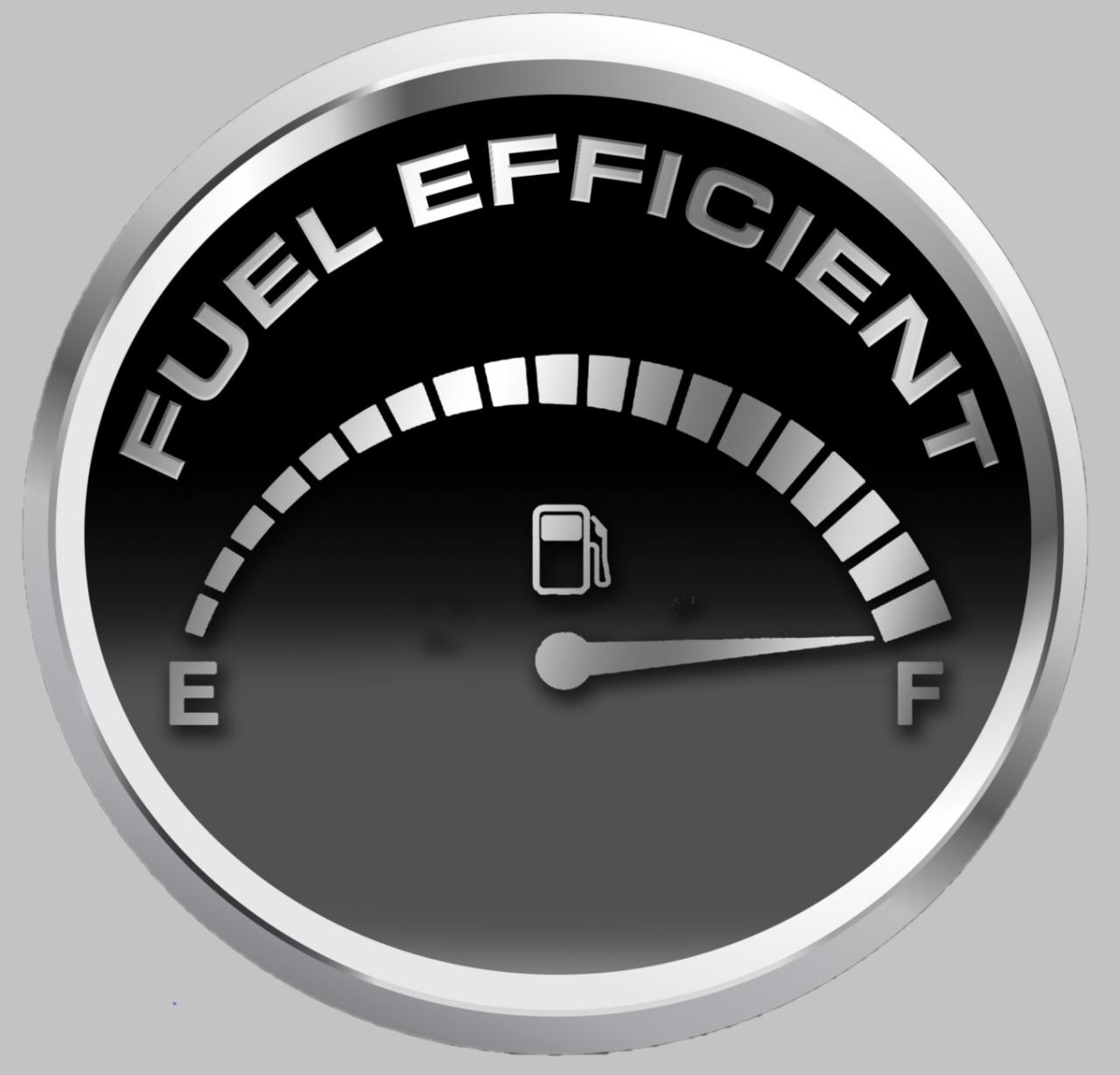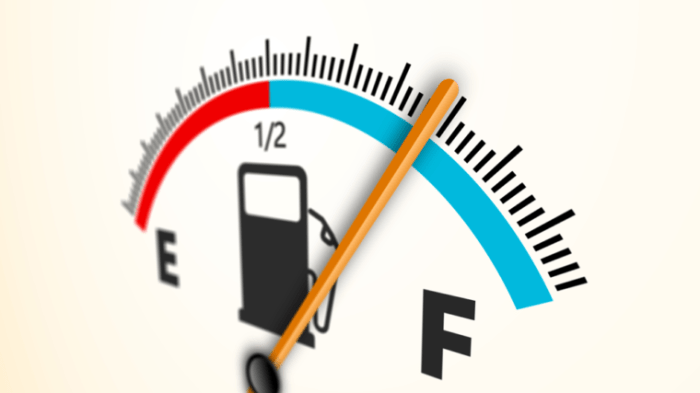Fuel efficiency tips are the key to unlocking savings and eco-friendly driving. From driving habits to vehicle maintenance, discover how you can make a difference while saving money.
Learn how to reduce your carbon footprint and improve your long-term sustainability with these practical tips and tricks.
Importance of Fuel Efficiency
Fuel efficiency is essential for both the environment and your wallet. By using fuel more efficiently, you can reduce your carbon footprint, which helps combat climate change. Additionally, better fuel efficiency means you spend less money on gas, saving you cash in the long run.
Reducing Carbon Footprint
- Driving at a steady speed and avoiding sudden accelerations can significantly improve fuel efficiency.
- Regular maintenance, such as keeping tires properly inflated and getting tune-ups, can also help reduce fuel consumption.
- Choosing a fuel-efficient vehicle or hybrid car can make a big difference in lowering emissions.
Impact on Long-Term Sustainability
- Improving fuel efficiency can contribute to the long-term sustainability of our planet by reducing greenhouse gas emissions.
- As we strive for a more sustainable future, fuel efficiency plays a crucial role in minimizing our impact on the environment.
- Government policies and incentives for fuel-efficient vehicles further promote the importance of sustainable practices.
- Regular tune-ups can help identify and fix any issues that may be affecting your vehicle’s fuel efficiency.
- Keeping your engine properly tuned can improve mileage by up to 4%.
- Addressing problems early can prevent further damage and costly repairs down the road.
- Under-inflated tires can decrease fuel efficiency by up to 3%.
- Check your tire pressure regularly and inflate them to the recommended level.
- Properly inflated tires also improve handling and overall safety on the road.
- Using the manufacturer-recommended motor oil can improve fuel efficiency.
- Look for oils that are labeled as “energy conserving” for better mileage.
- Regular oil changes can keep your engine running smoothly and efficiently.
- Closing windows while driving at high speeds can reduce drag and improve fuel efficiency. Open windows create resistance against the air, forcing your engine to work harder.
- Removing roof racks when not in use can also help streamline your vehicle’s aerodynamics. These racks create additional drag and decrease fuel efficiency.
- Keeping your vehicle’s exterior clean is not just about aesthetics; it also plays a role in aerodynamics. Dirt and grime can disrupt the smooth flow of air over your car, increasing drag and reducing fuel efficiency.
- Regularly washing and waxing your car can help maintain a sleek surface that allows air to pass smoothly, ultimately improving aerodynamics and fuel efficiency.
- Vehicles with sleek, streamlined designs are inherently more fuel-efficient as they encounter less resistance from the air while moving. This is why many modern cars are designed with aerodynamics in mind.
- Features such as spoilers, diffusers, and underbody panels are often incorporated into vehicle design to optimize aerodynamics and enhance fuel efficiency by reducing drag.
Driving Habits for Better Fuel Efficiency: Fuel Efficiency Tips

When it comes to maximizing fuel efficiency, your driving habits play a crucial role. By following some simple tips, you can improve your vehicle’s fuel consumption and save money in the long run.
Smooth Acceleration and Deceleration
One of the most effective ways to improve fuel efficiency is by practicing smooth acceleration and deceleration. Avoid rapid starts and stops, as they can significantly increase fuel consumption. By gently pressing on the gas pedal and braking slowly, you can optimize your fuel usage.
Maintaining a Consistent Speed on Highways
Driving at a consistent speed on highways can also help boost fuel efficiency. Avoid unnecessary speeding up and slowing down, as these fluctuations can lead to higher fuel consumption. By setting your cruise control at a steady pace, you can save fuel and reach your destination more efficiently.
Avoiding Unnecessary Idling
Another important tip for improving fuel efficiency is to avoid unnecessary idling. When your vehicle is idling, it continues to burn fuel without moving, which wastes energy. Whether you’re waiting in line or parked for a short period, turning off your engine can help conserve fuel and reduce emissions.
Vehicle Maintenance for Improved Fuel Efficiency
Regular maintenance is key to ensuring that your vehicle operates at its optimal fuel efficiency. By taking care of your car, you can save money on gas and reduce your carbon footprint. Let’s dive into some important aspects of vehicle maintenance that can help improve fuel efficiency.
Importance of Regular Tune-ups
Impact of Proper Tire Inflation
Choosing the Right Motor Oil
Aerodynamics and Fuel Efficiency

When it comes to maximizing fuel efficiency, paying attention to aerodynamics is crucial. By reducing drag on your vehicle, you can significantly improve your gas mileage and save money at the pump.